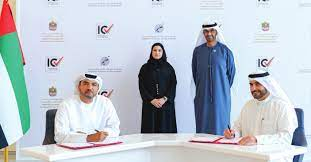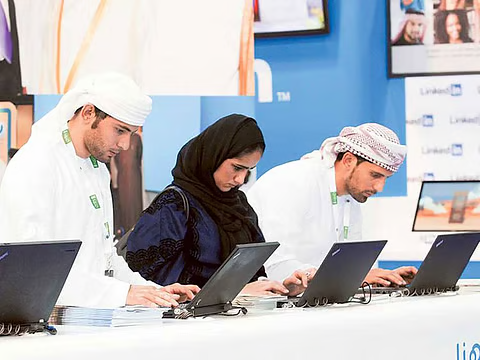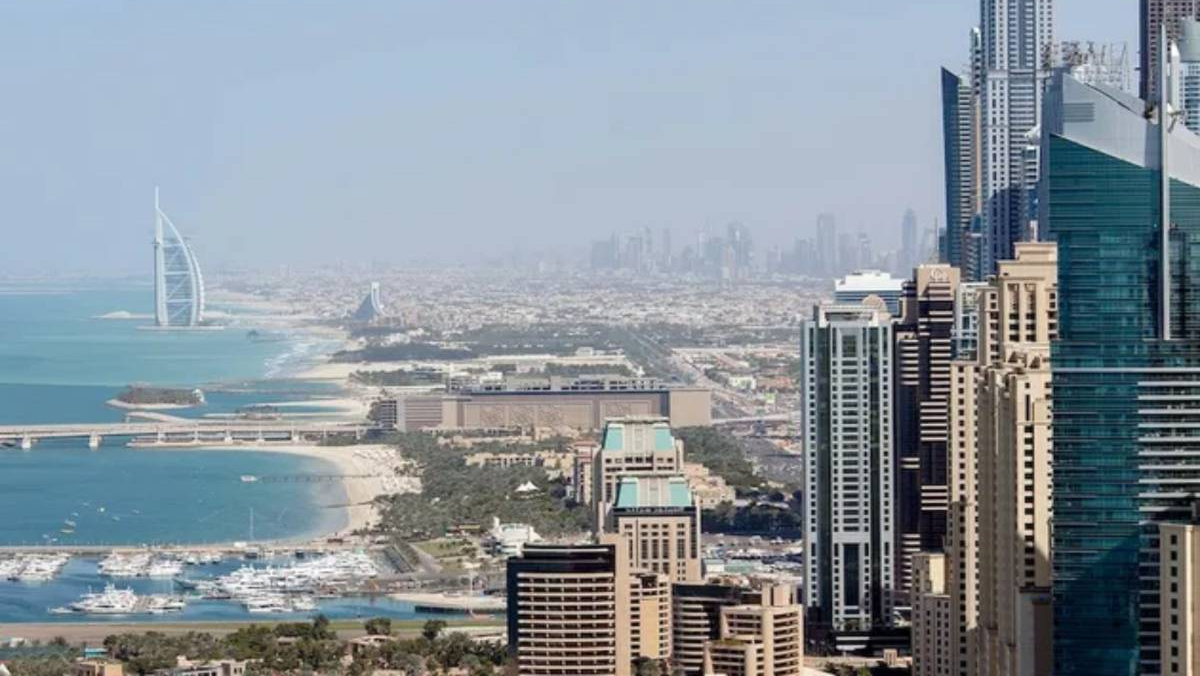Now Reading: UAE News Reporting Gets Smarter with Digital Technology Shift 2025
-
01
UAE News Reporting Gets Smarter with Digital Technology Shift 2025
UAE News Reporting Gets Smarter with Digital Technology Shift 2025

Table of Contents
The media industry in the UAE is going through a major transformation. Thanks to rapid advancements in technology, journalism in the country has become faster, more accurate, and more transparent. From real-time news alerts to AI-driven fact-checking tools, modern technology is reshaping how news is reported, edited, and delivered across the UAE.
This change is not only improving the quality of reporting but also increasing public trust in journalism. As more readers turn to digital platforms for their daily updates, UAE newsrooms are working harder to keep up with global standards—while also keeping the core principles of responsible journalism intact.
Digital Tools Are Improving News Accuracy

One of the biggest contributions of technology to journalism is the improvement in fact-checking. In the past, verifying sources could take hours or even days. Today, advanced software, artificial intelligence (AI), and online databases allow reporters to cross-check facts within minutes.
Major media houses in the UAE such as The National, Gulf News, and Khaleej Times have started using tools like AI-powered writing assistants, plagiarism detectors, and digital archives to ensure accuracy and credibility. These technologies help journalists detect errors, avoid misinformation, and cite verified data—all of which improve the overall quality of content.
Additionally, access to global data sources enables journalists to compare international trends with local developments, offering readers a broader and more informed perspective.
Faster Reporting Through Automation
Speed is essential in news reporting, and technology has made it easier than ever to break news in real time. Journalists in the UAE are now using mobile reporting apps, live streaming tools, and cloud-based platforms to file stories on the go.
For example, during major events like Expo 2020 Dubai or COP28, UAE news outlets used real-time reporting tools to deliver live updates, videos, and interviews directly from the ground. Automation tools also allow for pre-scheduled posts, push notifications, and breaking news alerts all of which help newsrooms stay ahead of the curve.
Moreover, some newsrooms are experimenting with robotic journalism. These are AI-generated reports that can automatically convert structured data into readable news articles, especially for sports scores, weather updates, and financial news.
Multimedia Storytelling Gains Popularity
Modern journalism in the UAE has also embraced multimedia. Instead of just text-based reports, news stories are now often paired with photos, videos, infographics, and interactive timelines. This format helps readers engage better and understand complex topics more easily.
Digital tools like Canva, Adobe Premiere Pro, and data visualization platforms are commonly used in UAE newsrooms. They help journalists present stories in a more creative and impactful way, making news both informative and visually appealing.
Multimedia storytelling also reaches a wider audience, especially younger readers who prefer consuming news on social media or mobile apps.
Rise of Social Media Reporting
Social media platforms like X (formerly Twitter), Instagram, Facebook, and TikTok have become essential tools for UAE journalists. They serve two purposes finding stories and sharing them.
Reporters now monitor trending hashtags, user-generated content, and viral videos to spot breaking news or public concerns. At the same time, media houses use social channels to distribute their stories quickly, interact with their audience, and boost website traffic.
However, the use of social media also comes with challenges. There is a constant need to verify online content before publishing, to avoid spreading fake news. To address this, many UAE news outlets have dedicated digital verification teams that assess the authenticity of social content before it’s used in reporting.
Ethical Challenges in the Digital Age
While technology brings speed and convenience, it also raises new ethical questions. Deepfakes, edited videos, AI-generated photos, and misinformation spread faster than ever. This puts pressure on journalists and editors to double-check every source, especially online.
The UAE press follows strict media laws and guidelines under the National Media Council (now the Media Regulatory Office under the Ministry of Culture and Youth), which stress accuracy, fairness, and respect for privacy. These laws are now being updated to also cover digital reporting and emerging technologies.
Many newsrooms in the UAE have started regular digital ethics training for their staff, focusing on issues like online transparency, cyberbullying, digital security, and bias detection.
Technology Empowers Local Voices
Another positive impact of technology is that it has made journalism more inclusive. In the past, only big media companies could publish news. Now, citizen journalists, bloggers, and small local platforms can also share stories using smartphones and digital platforms.
This has helped highlight issues from different communities across the UAE, including labor rights, sustainability, youth empowerment, and cultural diversity. Some platforms even offer stories in multiple languages, making news more accessible to the country’s large expatriate population.
Data Journalism on the Rise

Data journalism is becoming a powerful trend in the UAE. Reporters use data analysis tools to find hidden trends and tell stories with numbers. This is especially useful in areas like the economy, public health, environment, and transport.
For example, during the COVID-19 pandemic, UAE media used interactive dashboards to track infection rates, vaccination numbers, and recovery statistics. Such use of data helped inform the public accurately and with transparency.
Data journalism not only enhances credibility but also gives readers more confidence in the information they consume.
Conclusion
The impact of technology on reporting standards in the UAE press is clear and ongoing. It has made journalism more reliable, faster, and creative. It also allows for better audience engagement and empowers a new generation of digital-first journalists.
Still, it’s important for media professionals to strike the right balance between innovation and ethics. With strict regulations and a strong push for quality, the UAE press is well-positioned to become a model for responsible digital journalism in the region.
As the tools continue to evolve, so will the standards—making the future of UAE media not just tech-driven, but also more transparent and trustworthy.
Read More:- Why Smaller Lawns Are Smarter: Save Water and Money Fast 2025





















